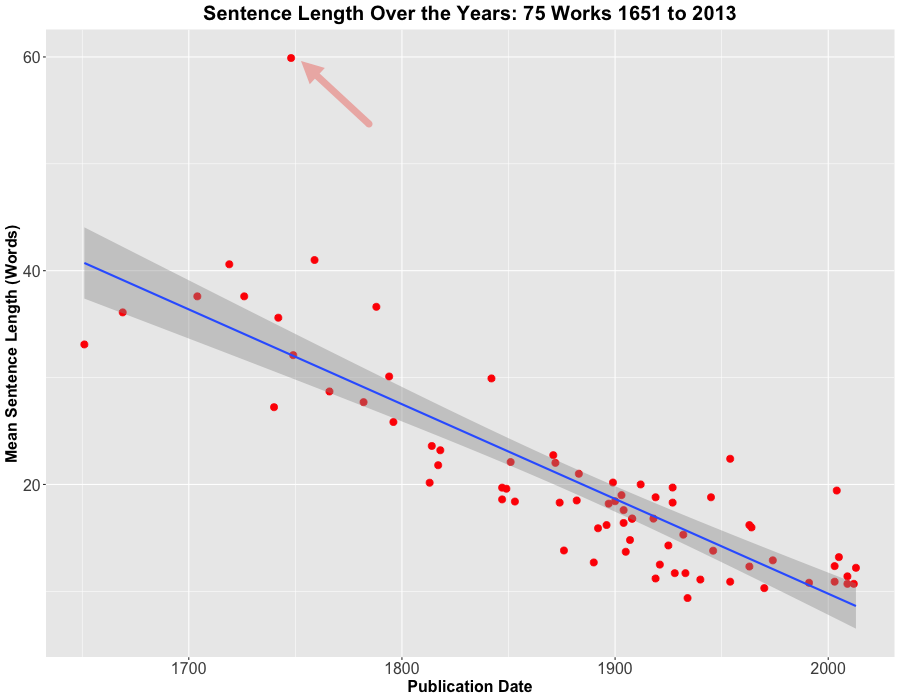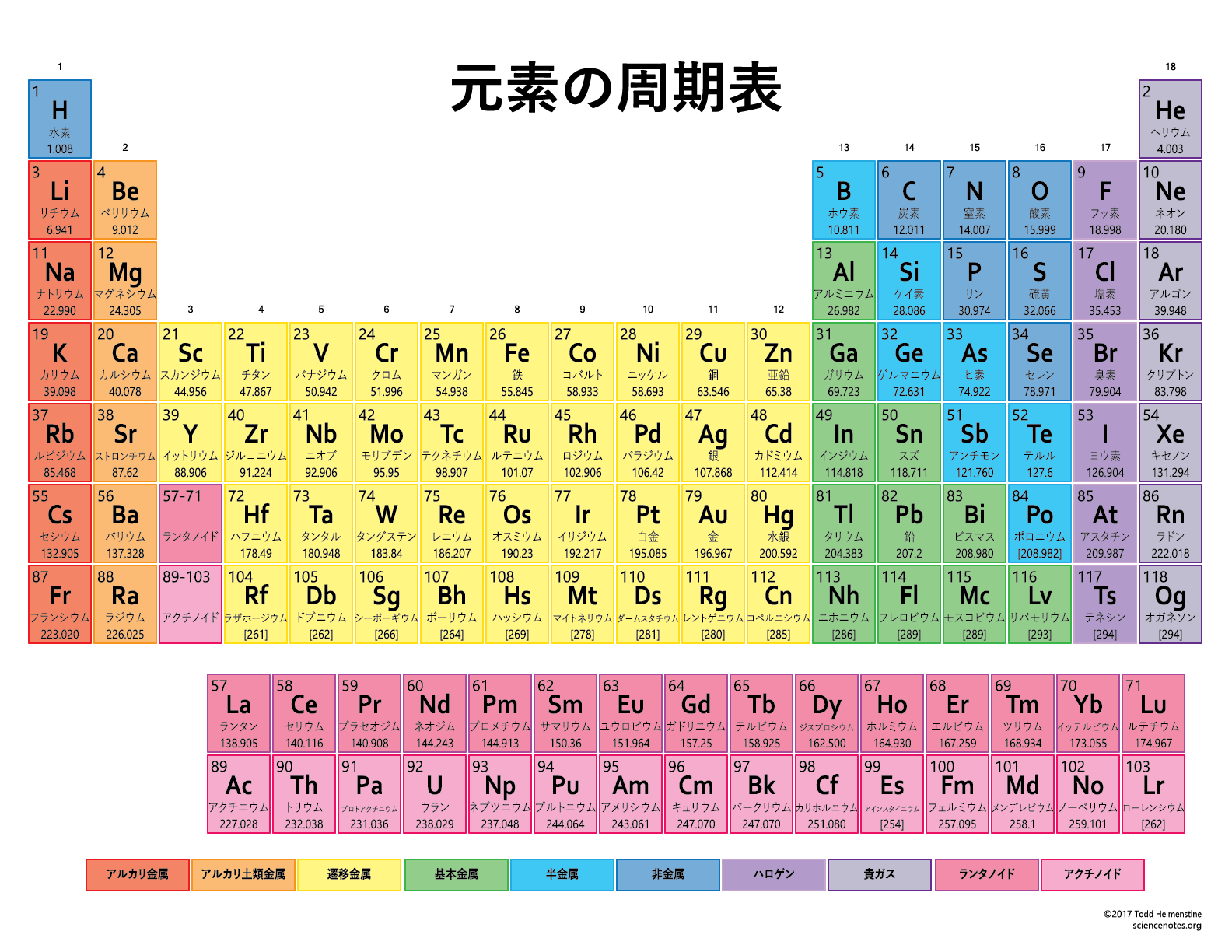Sweet, sweet sherbet drink (> frozen dessert)
What with the high heat (in the 90s) these days, at least here in Philadelphia, and all the talk of Semitic roots, especially those beginning with one or the other of the five Proto-Semitic sibilants, I feel an impulse to write about "sherbet".
Already from the time I was a little boy, I sensed that "sherbet" had an Oriental flavor, and I undoubtedly looked up the etymology of the word by the time I was in high school. But the resources for studying the etymology of such words were not so advanced and readily available as they are now, so I probably didn't get much beyond realizing that the word was borrowed from Turkish into Western languages.
Now, we have easy access to a much fuller and deeper story of the origins and development of "sherbet". Here I quote the complete entry for it from the American Heritage Dictionary of the English Language, 5th ed.
Read the rest of this entry »


